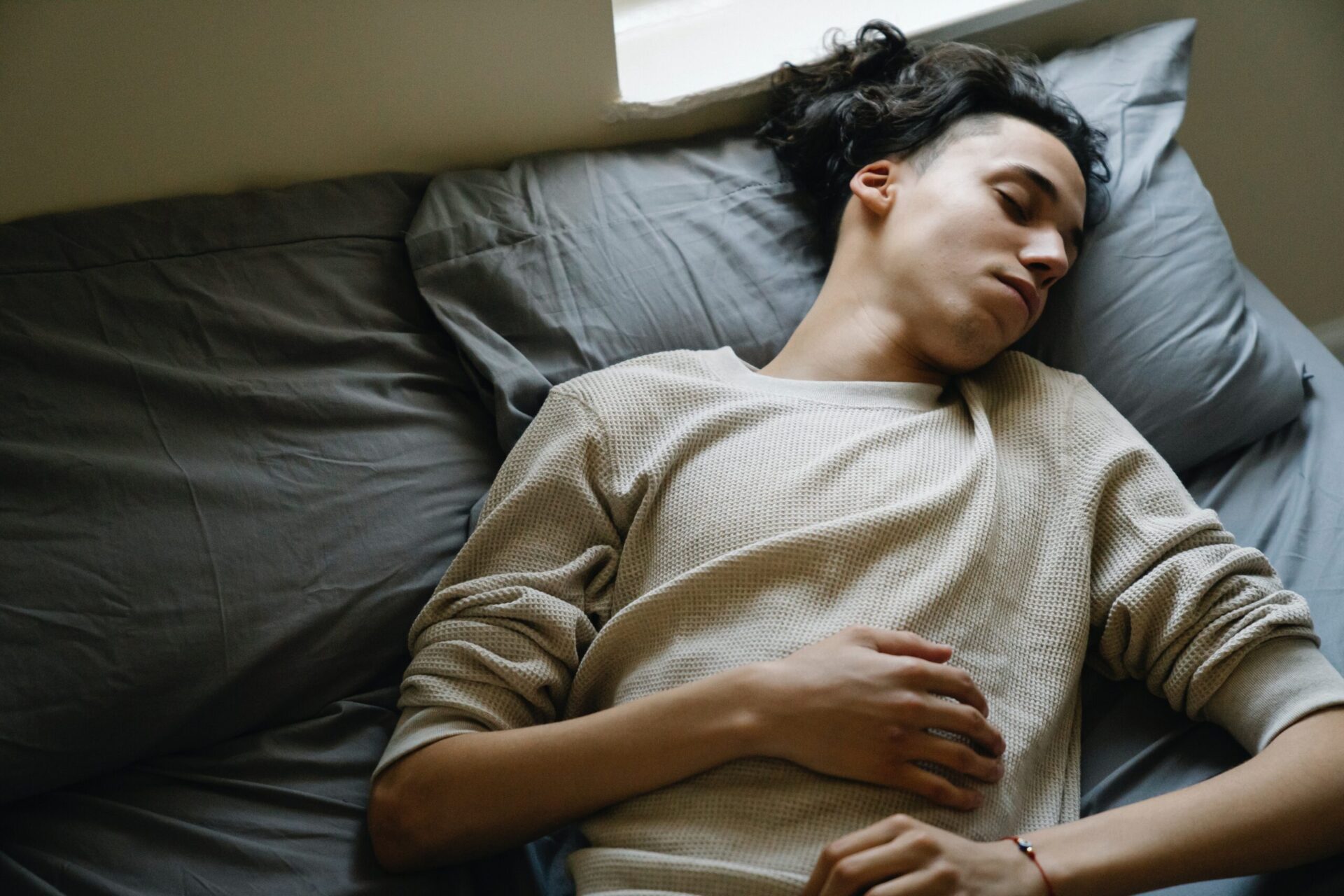6 Tips for Getting a Good Night’s Sleep
Getting a good night’s sleep isn’t always easy, but using these tips can help.

People have always known that a good night’s sleep can do wonders for their physical and mental well-being. But up until recently there wasn’t too much scientific data out there to actually back these claims.
Luckily things are different today. New sleep monitoring technologies have allowed scientists to actually measure the benefits of a good night’s sleep–and what they found is pretty cool! According to a number of studies published in the last 10 years, a good night’s sleep can increase academic1 and athletic performance2, and improve levels of focus, productivity3 and emotional stability, among many other things!
Because sleep is so important, we decided to put together a list of six things you can try today to get some quality Zs! We’ll get into that list in a second, but first let’s take a look at the basics…
What does a good night’s sleep even look like?
According to experts at the National Sleep Foundation, a good night’s sleep…
- Happens within 20 minutes of laying down
- Lasts between 7 to 9 hours
- Leaves you well rested and ready for the next day.
“So, what can I do to get there?” you ask. Here are 6 tips for getting a good night’s sleep:
Get started today!
While it may take a few days or even weeks (everyone is different) to get settled in a healthy sleep routine, now is as good a time as any to start working on it. Try starting with a sleep diary to track your sleep habits and see what you can do to get a better night’s rest.
Everyone has trouble sleeping from time to time. If your sleep problems start to get in the way of your daily life, you may want to talk to your doctor or a trusted adult.
References
- Marques, D.R., Meia-Via, A.M.S., Fernandas, d.S., & Gomes, A.A. (2017). Associations between sleep quality and domains of quality of life in a non-clinical sample: Results from higher education students. Sleep Health, 3(5), 348-356. https://doi.org/10.1016/j.sleh.2017.07.004
- Mah, C.D., Mah, K.E, Kezirian, E.J., & William, C.D. (2011). The effects of sleep extension on the athletic performance of collegiate basketball players. Sleep, 34(7), 943-940. DOI: 10.5665/SLEEP.1132
- Rosekind, M.R., Gregory, K.B., Mallis, M.M., Brandt, S.L., Seal, B., & Lerner, D. (2010). The cost of poor sleep: Workplace productivity loss and associated costs. Journal of Occupational and Environmental Medicine, 52(1), 91-98. DOI: 10.1097/JOM.0b013e3181c78c30
- Dijk D-J, Archer SN (2009) Light, Sleep, and Circadian Rhythms: Together Again. PLoS Biol 7(6): e1000145. https://doi.org/10.1371/journal.pbio.1000145
- Kinsey, A., & Ormsbee, M. (2015). The health impact of nighttime eating: Old and new perspectives. Nutrients, 7(4), 2648-2662. DOI: 10.3390/nu7042648
- Zawadzki, M., Graham, J., & Gerin, W. (2013). Rumination and anxiety mediate the effect of loneliness on depressed mood and sleep quality in college students. Health Psychology, 32, 212-222. DOI: 10.1037/a0029007
